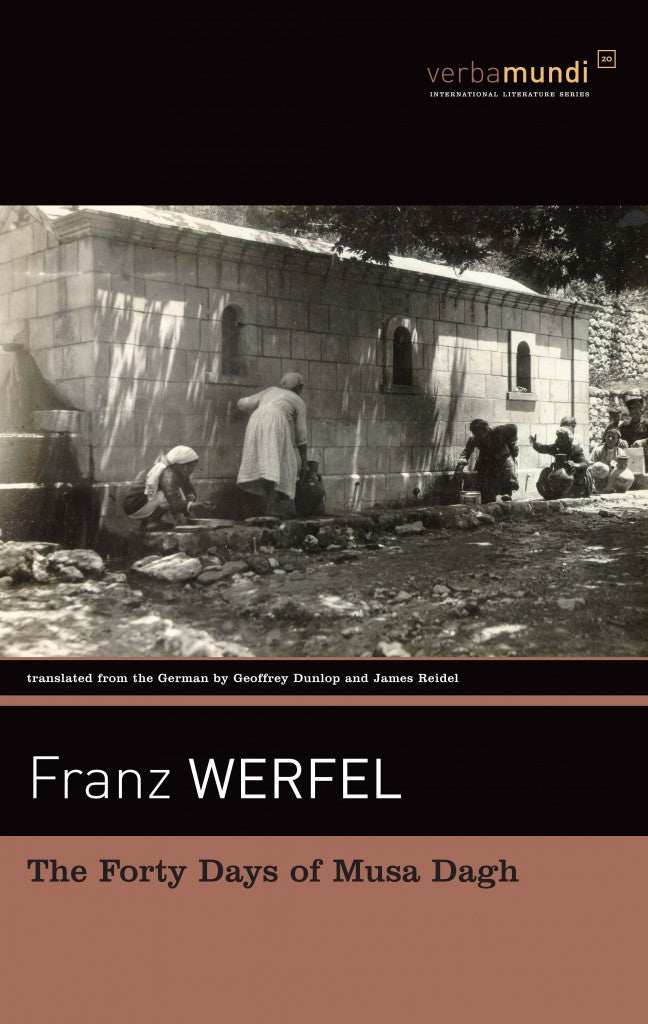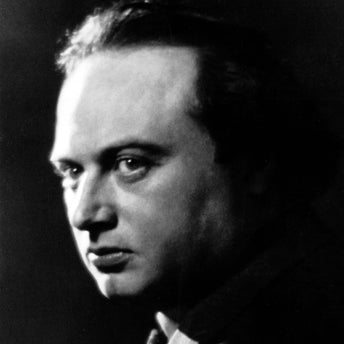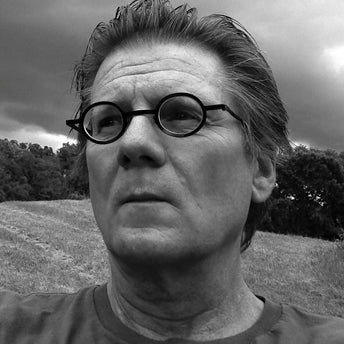
The Forty Days of Musa Dagh is Franz Werfel's masterpiece that brought him international acclaim in 1933, drawing the world's attention to the Armenian genocide. This is the story of how the people of several Armenian villages in the mountains along the coast of present-day Turkey and Syria chose not to obey the deportation order of the Turkish government. Instead, they fortified a plateau on the slopes of Musa Dagh—Mount Moses—and repelled Turkish soldiers and military police during the summer of 1915 while holding out hope for the warships of the Allies to save them.
The original English translation by Geoffrey Dunlop has been revised and expanded by translator James Reidel and scholar Violet Lutz. The Dunlop translation, had excised approximately 25% of the original two-volume text to accommodate the Book-of-the-Month club and to streamline the novel for film adaptation. The restoration of these passages and their new translation gives a fuller picture of the extensive inner lives of the characters, especially the hero Gabriel Bagradian, his wife Juliette, their son Stephan—and Iskuhi Tomasian, the damaged, nineteen-year-old Armenian woman whom the older Bagradian loves. What is more apparent now is the personal story that Werfel tells, informed by events and people in his own life, a device he often used in his other novels as well, in which the author, his wife Alma, his stepdaughter Manon Gropius, and others in his circle are reinvented. Reidel has also revised the existing translation to free Werfel's stronger usages from Dunlop's softening of meaning, his effective censoring of the novel in order to fit the mores and commercial contingencies of the mid-1930s.
In every sense a true and thrilling novel… It tells a story which it is almost one's duty as an intelligent human being to read. And one's duty here becomes one's pleasure also. —New York Times Book Review
Forty Days will invade your senses and keep the blood pounding. Once read, it will never be forgotten. —The New York Times
Werfel's book… did more than the efforts of any diplomat, journalist, or historian to encourage speech about the unspeakable. It arrives today—when Syria and Congo are killing fields—as a timely reminder that savagery thrives in silence. —The Barnes and Noble Review
A crackling read. Symphonic in its handling of profound themes, respectful of its most vacillating characters, Werfel's novel is a grand and satisfying story about the necessities and difficulties of leadership. —Booklist



